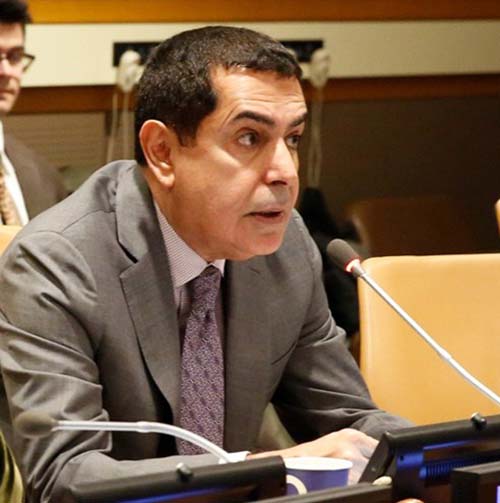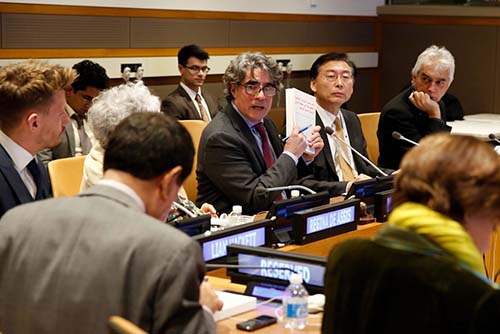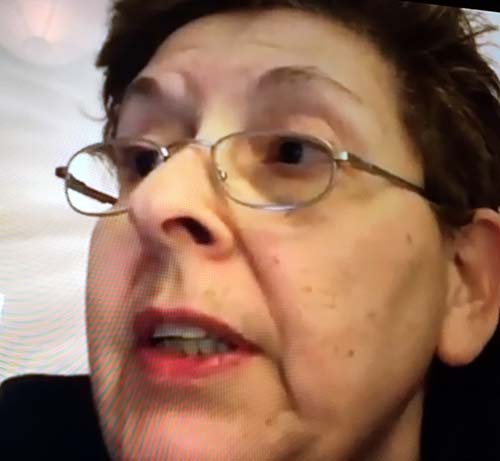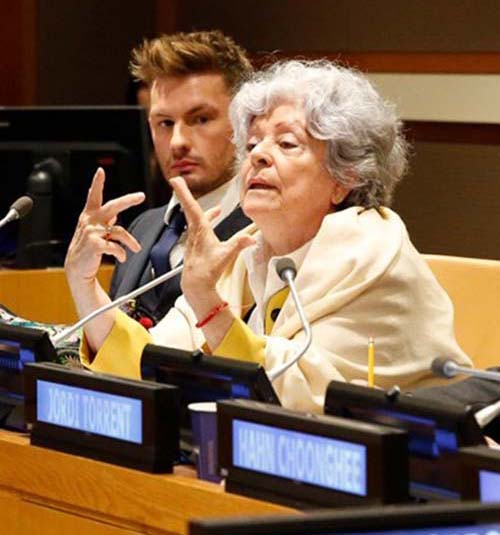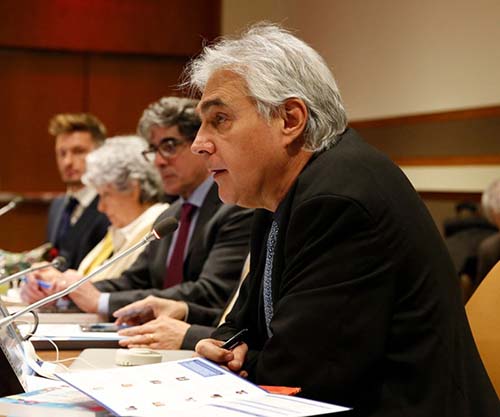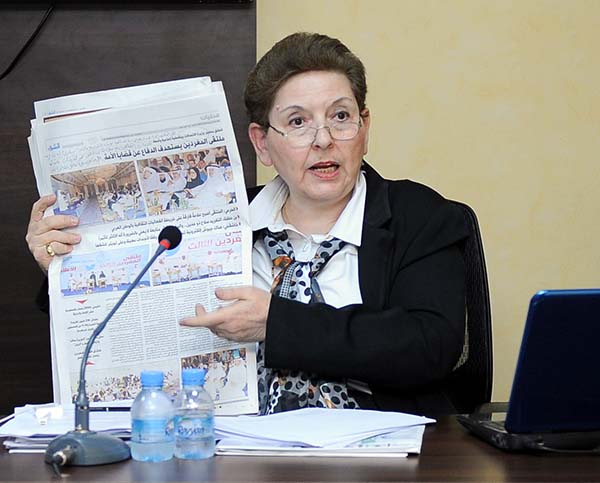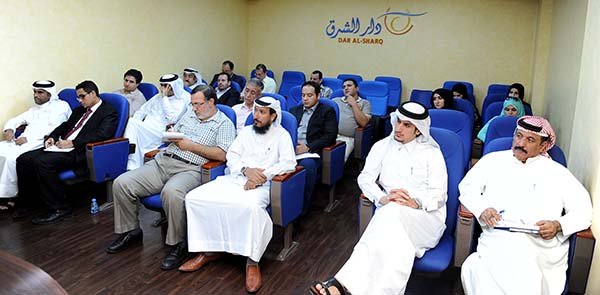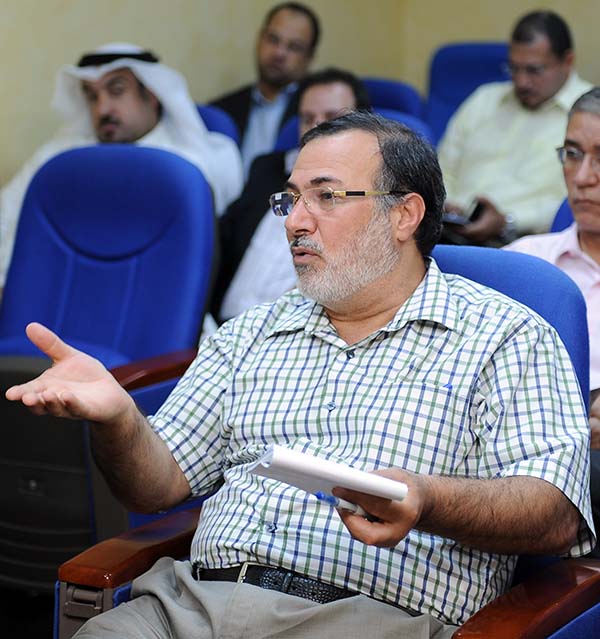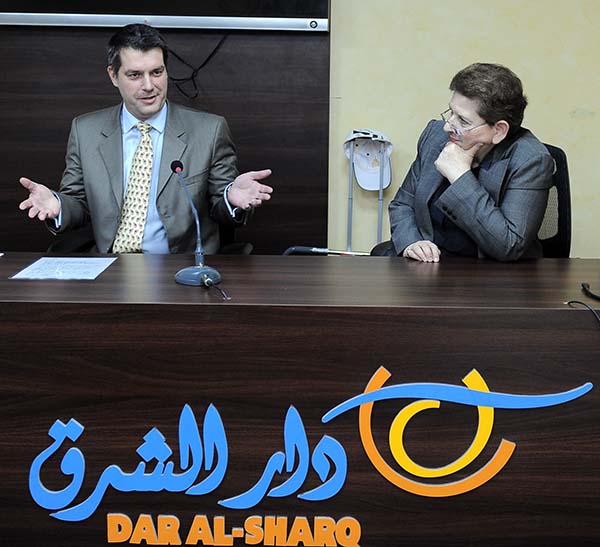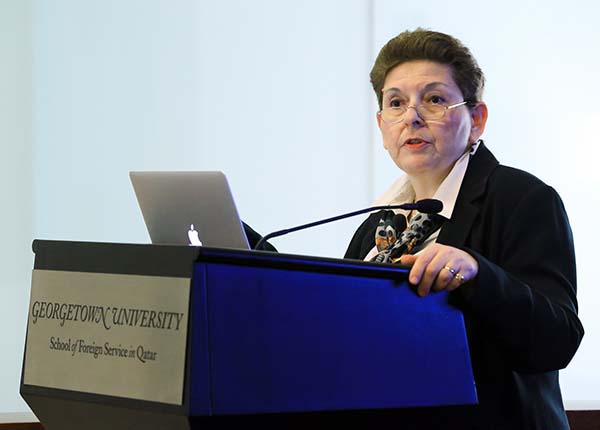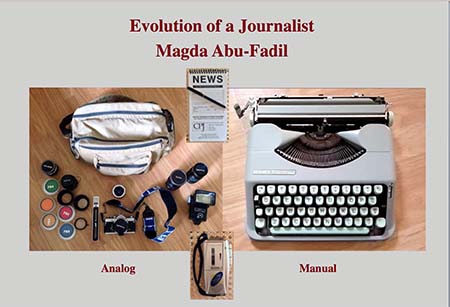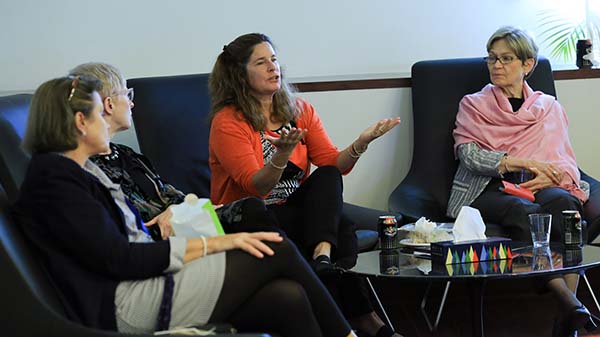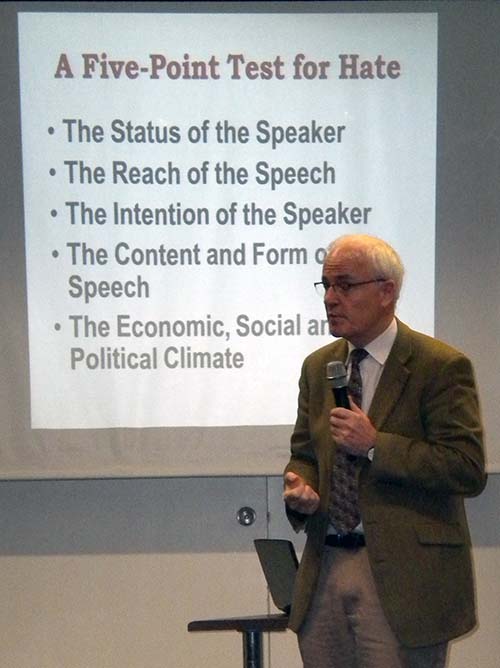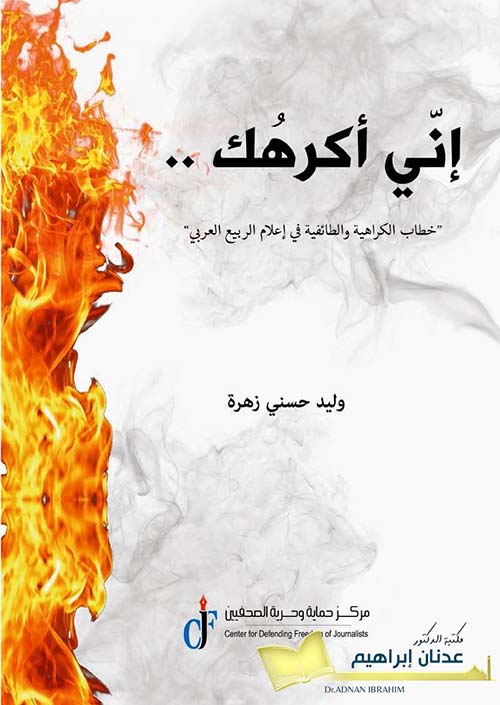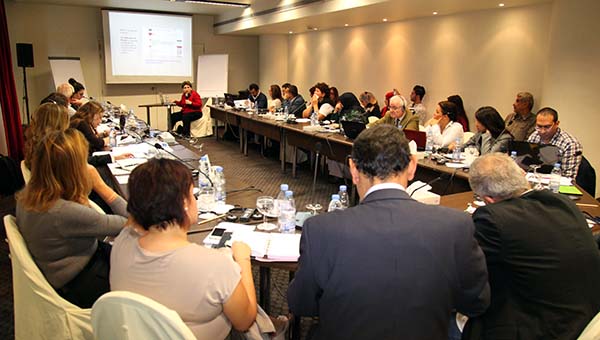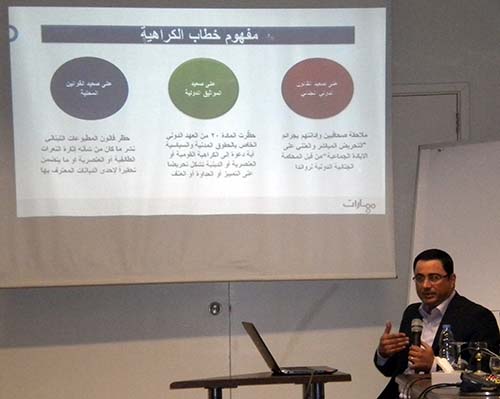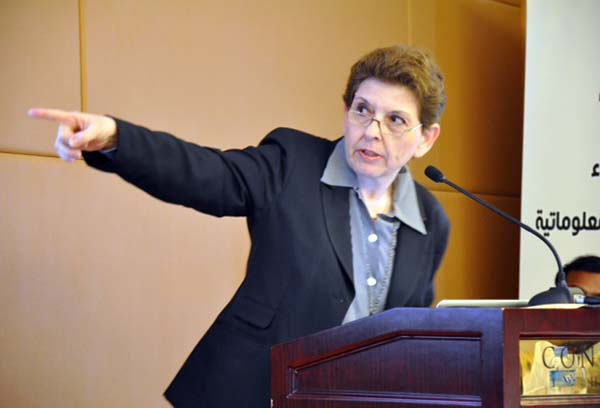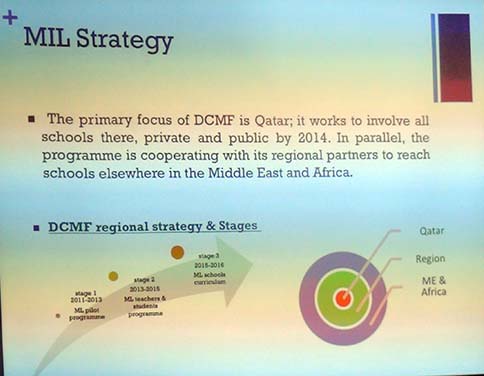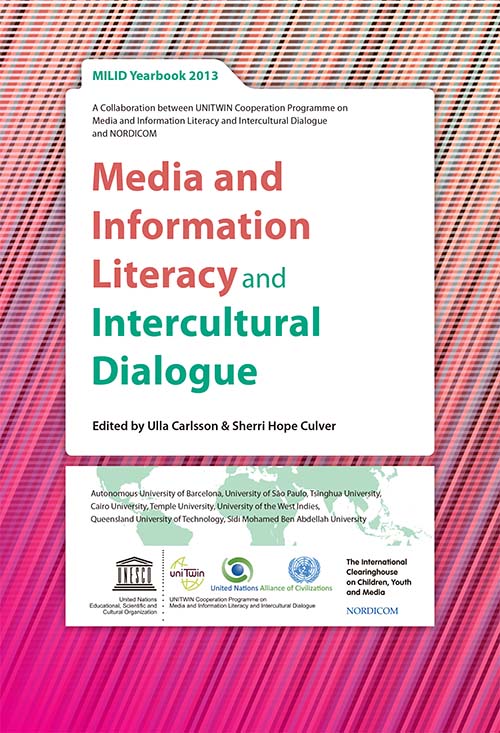Blundering into a viral mistake, and refusing to correct it after it’s been spotted, undermines media’s credibility and may even be nefarious, Media Unlimited director Magda Abu-Fadil said.
“Not correcting the mistake about Ahmad Zaki Yamani at first glance, after the error was pointed out, shows sloppiness and lack of professionalism,” she told Saudi-owned daily Arab News. “If it was done intentionally, it would indicate malicious intent.”

Screen shot of Sheikh Ahmad Zaki Yamani (File-AFP)
She was referring to the incorrect identification of Yamani, the late Saudi Arabian oil minister who died on February 23, as the first secretary general of the Organization of Petroleum Exporting Countries (OPEC).
“In either case, it undermines the journalist’s or media’s credibility that published that news item,” Abu-Fadil said. “Worst-case scenario, if it were a security-related issue, it could endanger people – all of which is unacceptable and unethical.”
OPEC confirmed Yamani was not its first secretary general, Arab News reported, saying most Saudi and regional media outlets had relied on his Arabic Wikipedia page, which contained inaccurate and unsourced information.
Many journalists reflexively copied the wrong information from Wikipedia without fact-checking it and it went viral. Offenders included CNN Arabic, Asharq Al-Awsat (Arab News’ sister publication), Saudi Arabia’s Al-Ekhbariya TV, Saudi dailies Saudi Gazette and Okaz, as well as Qatar’s Al Jazeera and Russian state-run channel RT Arabic.

Only CNN Arabic and Asharq Al-Awsat corrected the mistake.
“A simple phone call, or even a cursory skim of OPEC’s official list of secretaries-general, would have revealed that Yamani’s name does not appear as the first – or indeed at all,” Arab News said.
It added that despite his legendary standing and influence, the late minister was never a secretary general, but was in fact the first Saudi representative on the OPEC board of governors.

